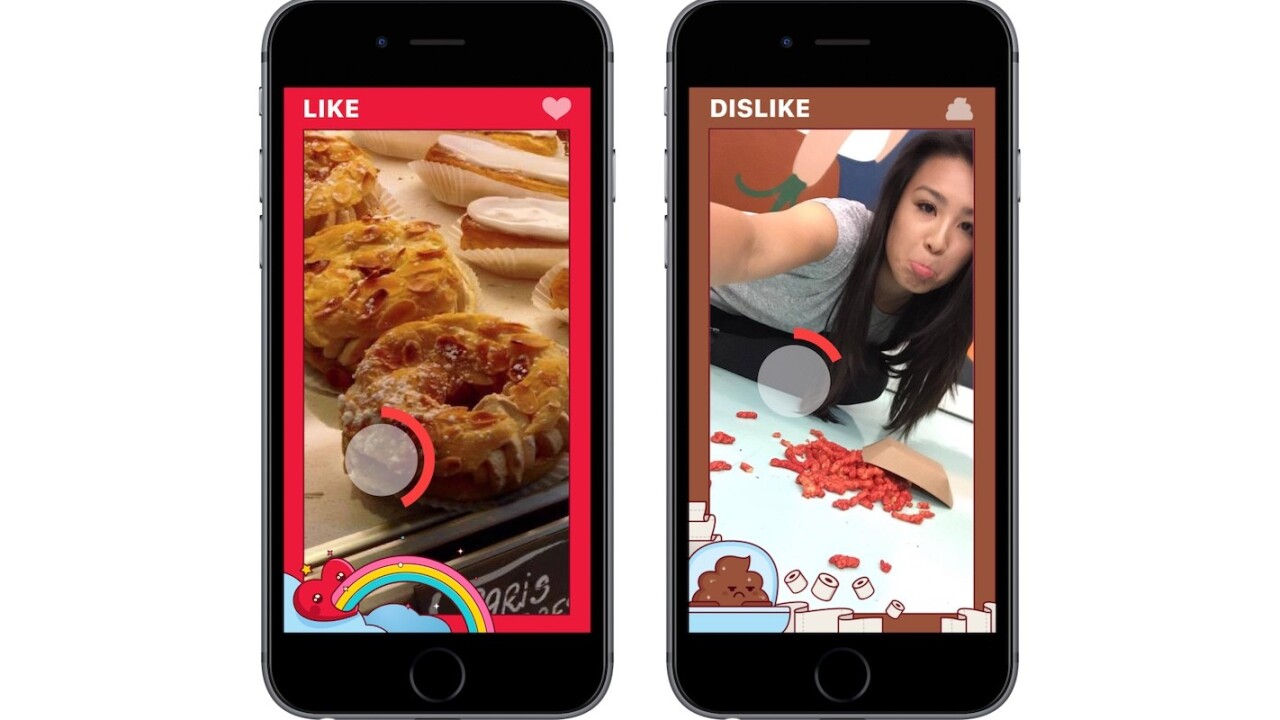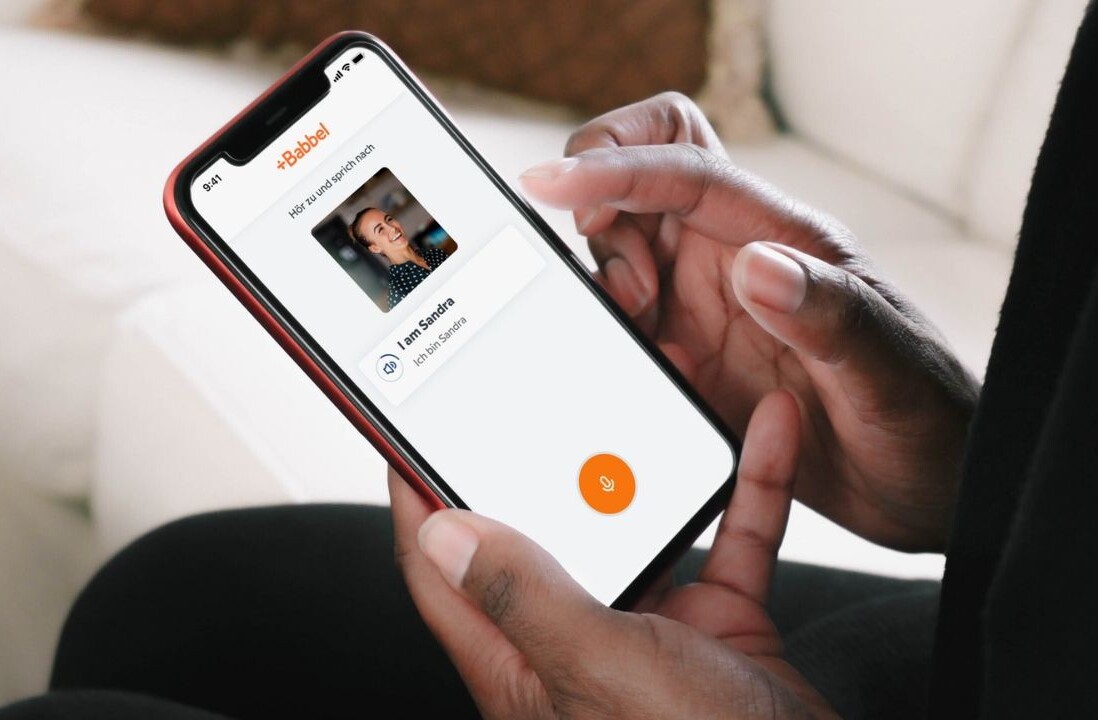
Lifestage, Facebook’s new app aimed at teens, is a great concept that captures a bit of the energy Facebook once had as a startup. It’s got a huge privacy issue that may affect teens, though.
The main (maybe only) problem with Lifestage is that it relies on self-reporting for age. Business Insider recently put it through its paces, and notes that all you have to do is say you’re under 18 and Lifestage lets you choose a high school to identify with.
Perhaps even more troubling is Facebook’s response to the report:
We are releasing Lifestage to a limited number of high schools. Lifestage will not provide access to content from other people for users who list an age above 21. We encourage anyone using the app who experiences or witnesses any concerning activity to report it to us through the reporting options built into the app. We take these reports seriously. Unlike other places on the web, Lifestage is tied to a person’s phone number and only one account is allowed per phone number – this provides an additional level of protection and enforcement.
Rather than acknowledge there’s an issue with the app’s structure, Facebook is simply asking teens to report suspicious activity. Statistics show that’s not enough.
We’ll note that there have been no reports of adults trying to meet up with or harm teens via Lifestage, but that’s another bit of hand-washing by Facebook. There’s no way to actually get hold of someone via Lifestage; it’s a one-way street.
Instead, Lifestage offers to let its users direct onlookers elsewhere for contact. Even if an adult were to try and meet with a teen for reasons I don’t even want to think about, it would be done via Snapchat, Facebook, Twitter or other social mediums.
The problem is Lifestage may be a precursor to that activity. Someone pretending to be a teen on Lifestage could just as easily fake an identity elsewhere to lure a child (sorry teens, you’re still kids in a legal sense) into something nefarious.
It’s a bit hand-wringing on my part, sure, but users deserve better. Facebook is clearly after data with Lifestage, but it’s putting kids at risk to get there. That’s not okay.
Lifestage still sounds like a great idea, but Facebook needs to implement a way to accurately verify age.
The app is still available in the App Store.
Get the TNW newsletter
Get the most important tech news in your inbox each week.




